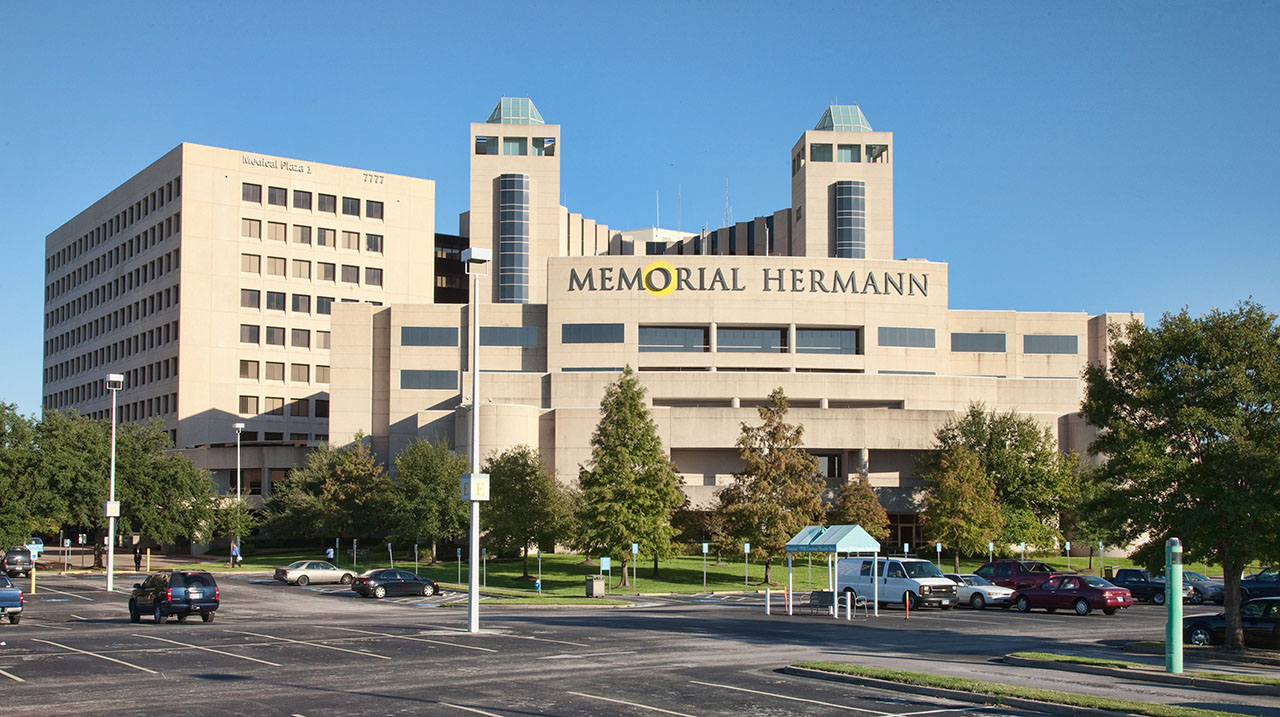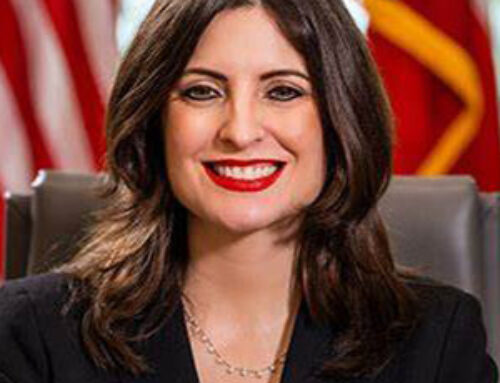
Unless they are the unfortunate victim of an accident or have suffered the sudden onset of a bug, patients come to doctors in poor health that was years in the making. Many factors play into this common phenomenon: chief among those simple poverty, which often leads to poor diet and cramped, unsanitary living conditions, and inconvenient and/or undependable transportation. What’s more, low-paying jobs are often as much or more stressful than those that pay well, and stress kills. In short, poverty causes toxic levels of stress through its many side effects, and too many patients ignore warning signs until they are admitted to the ER.
The Memorial Hermann Hospital System is attempting to short-circuit some of these stressors with an innovative new pilot program at its Southwest campus where last month they opened the Community Resource Center. The Center’s goals extend far beyond what we tend to think of when we think about healthcare — a white-coated doctor examining a patient on a table is just one tile in a grand mosaic that also includes the insurance, nutrition, the law, education, and jobs.
“Our mission is to improve health, and we know that health care is only 20 percent of that picture,” said Carol Paret, Senior Vice President and Chief Community Health Officer at Memorial Hermann. “You can never accomplish your mission of improving health if you only focus on clinical care. A patient’s health falls within the context of his or her life, and you have to address the context as much as the condition in order to move the needle on health.”
Memorial Hermann’s 32-year-old Southwest campus serves not just affluent communities such as Bellaire, Meyerland and the Galleria area, but also Gulfton and Sharpstown’s many apartment complexes. Region-wide, the population served by Memorial Hermann Southwest is nearly half-Hispanic, 38 percent foreign-born, and while the median household income is just below $50,000 yearly, 24 percent of area residents live below the federal government’s official poverty line. Almost half lack a high school diploma or equivalent. (Memorial Hermann draws from much the same catchment area as HISD’s Wisdom [formerly Lee] High School, where half the student body recently immigrated to the US and some 40 languages are spoken in the halls.)
“Many individuals are uninsured and lack access to primary medical care, often utilizing the ER at Southwest to obtain their medical care,” says Sylvia Teeple, Memorial Hermann Southwest’s manager of ambulatory services. “For individuals in the local community, there is a sense of trust and security in accessing care in a place where they feel comfortable and is also in their neighborhood. CRC staff are building upon this relationship and are sensitive to the needs of the local community, working hard to build rapport and ensure that the CRC is a safe, welcoming space to receive services. CRC staff are also bilingual in English/Spanish and a language line is available as needed in order to provide culturally competent care.”
The CRC is there not just for patients but the community as a whole, Teeple adds. While all comers are welcome, and referrals are not necessary, many CRC clients learned about the center after learning about it from Memorial Hermann clinicians who try hard to identify those of their patients who are struggling at home and could use some form of the many types of assistance on offer from the CRC.
Such groups as the Bee Busy Wellness Center, AccessHealth and Avenue 360 are there to help uninsured and underinsured individuals gain access to healthcare. Houston Volunteer Lawyers chip in as well, with pro bono educational clinics on thorny legal matters, including renter’s rights and other housing concerns.
Much of the CRC’s efforts focus on diet and exercise. The Center partners with the Houston Food Bank, whose presence onsite assists food-insecure community members obtain healthy, fresh foods. For those facing a long recovery at home that might preclude them from shopping or cooking, there’s a free-of-charge arrangement with Meals on Wheels.
Area city parks are set to liven up through the CRC’s partnership with Houston’s Parks and Rec department — they hope to set up youth soccer leagues and walking clubs for adults and families, not to mention occasional weekend pop-up farmer’s markets in these often underused greenspaces. Physical fitness regimens are individually tailored after screenings by Memorial Hermann physicians.
Through these trailblazing efforts, Memorial Hermann is hoping to do nothing less than redefine its role as a health system. You often hear that the best way to tackle crime is to attack the causes of crime. Memorial Hermann is adopting this holistic approach full-bore and attacking illness by taking on the causes of avoidable illnesses. The CRC’s assault is laser-focused on the unique needs of Southwest Houston.
“We have a great responsibility and a moral obligation to do whatever we can to help make our community healthier,” Paret said. “That’s why it’s so important for Memorial Hermann to extend its care beyond the walls of our hospitals and clinics to help improve people’s lives where they live, work and play.”






